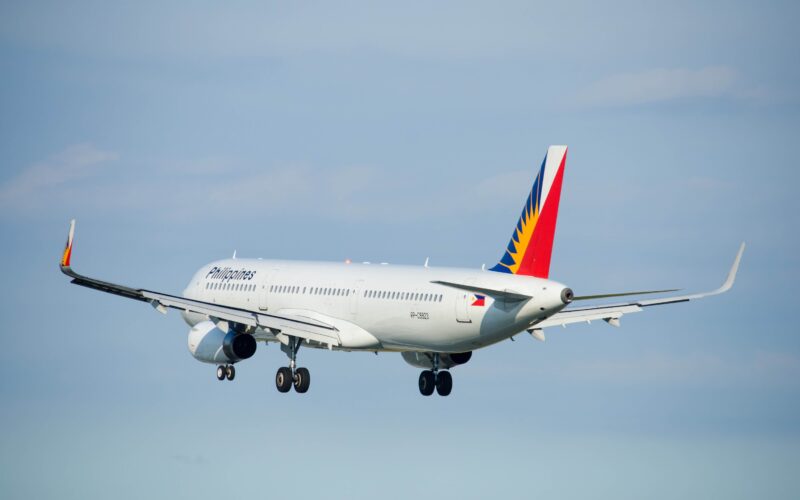Philippine Airlines (PAL) has exited Chapter 11 proceedings after less than four months following a deal to cut its debt by over $2 billion.
The flag carrier’s financial recovery plan was approved by the United State Bankruptcy Court of the Southern District of New York and by 100% of the votes cast by the airline’s creditors, including aircraft lessors, OEM and MRO providers, and certain funded debt lenders.
“The Philippine flag carrier is well-positioned for long-term growth with reduced debt and additional liquidity,” PAL said in a press statement.
The recovery plan allows PAL to reduce its fleet by 25%, includes $505 million in additional financing from its main shareholder, and “provides for over $2 billion in permanent balance sheet reductions from existing creditors”. PAL also has the option to obtain up to $150 million in financing from new investors.
“This is a celebratory moment for PAL, for all our partners and stakeholders, and for our personnel who sacrificed much while working successfully to keep the airline flying,” said Gilbert F. Santa Maria, PAL President and Chief Operating Officer. “There are immense challenges ahead, but we look forward to tackling them as a reinvigorated Philippine Airlines, better positioned for strategic growth to continue serving our customers.”
In the first nine months ended September 2021, Philippine Airlines reported a total comprehensive loss of 27 billion pesos ($540 million).
Currently, the airline serves 32 international and 29 domestic destinations and plans to increase its flight schedule once travel restrictions are lifted. The airline also plans to expand its newly established cargo business to tap more air cargo opportunities.
The airline presently has a total of 80 aircraft in its fleet, Planespotters.net data shows. PAL’s fleet comprises 30 Airbus A321s, 13 Airbus A320s, 13 De Havilland Canada Dash 8s, 11 Airbus A330s, 10 Boeing 777s, and three Airbus A350 XWB aircraft.

